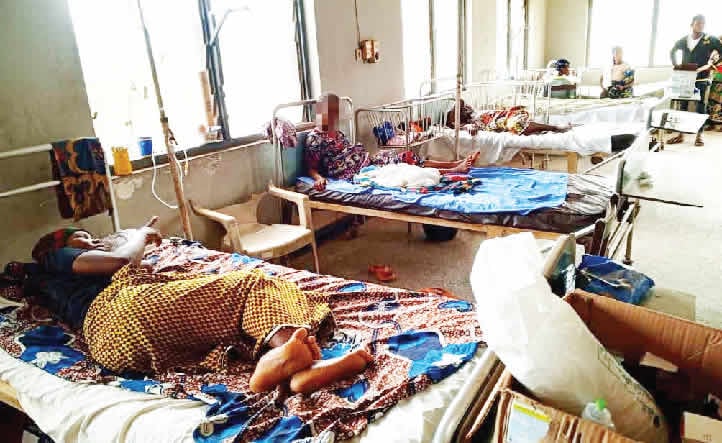Nigeria could add up to 1.7 million working mothers to its labour force by 2030 if the government and private sector invest in affordable and quality childcare systems, according to a new report by Economist Impact’s Childcare Dividend Initiative (CDI) released on Wednesday.
The report, which was launched during a high-level forum held alongside the G20 Women’s Economic Empowerment Working Group Ministerial Meeting in Johannesburg, South Africa, highlights how childcare can boost national productivity, enhance gender equality, and support inclusive economic growth. The study, supported by the William and Flora Hewlett Foundation, focuses on how childcare investments can transform developing economies like Nigeria.
According to the report, childcare should not be viewed merely as a social service but as a strategic economic investment. It noted that Nigeria could record the largest increase in working mothers as a share of the population, with about 1.7 million women joining the workforce — representing 2.7 per cent of the country’s total labour force.
Economist Impact projected that universal childcare coverage could raise Nigeria’s Gross Domestic Product (GDP) by about 1.09 per cent through increased female labour participation, higher household incomes, and expanded tax revenues. The findings also suggest that better childcare access would strengthen the country’s human capital base and support long-term national development goals.
To promote this vision, Economist Impact organised a policy dialogue on the sidelines of the G20 meeting, bringing together African policymakers, investors, civil society groups, and childcare professionals. The discussions explored how public-private partnerships could help build sustainable childcare systems that advance the G20’s agenda on women’s economic empowerment and decent work.
During the event, experts cited examples from Kenya’s National Care Strategy, which integrates childcare into broader economic and social planning frameworks to ensure equitable access for families across different income levels. Participants also called for stronger collaboration between ministries of finance, education, health, and social development to build inclusive care infrastructure in African economies.
Speaking at the event, Ms. Katherine Stewart, Lead Researcher for the Childcare Dividend Initiative at Economist Impact, said affordable childcare must be seen as an economic necessity rather than a luxury for a few privileged families.
“Our research shows that childcare investments are not just about supporting families; they are about strengthening economies, boosting productivity, and empowering women to contribute more meaningfully to national prosperity,” Stewart said.
She added that many African economies, including Nigeria, Kenya, and South Africa, lost billions of dollars in potential income in 2022 alone due to inadequate childcare systems that kept women out of formal employment. According to her, accessible and well-designed childcare structures create job opportunities in the care sector while helping women remain productive in other sectors of the economy.
The International Labour Organisation’s Social Protection Specialist, Ms. Jasmina Papa, also stressed that investing in affordable and quality childcare could be one of the most effective ways to create decent jobs and achieve social progress. She described the care economy as both an economic and social necessity.
“Care is a public good that everyone benefits from and contributes to at some point in their life. Governments must therefore treat childcare as a public investment, not a private burden,” Papa said.
Similarly, Ms. Juhi Kasan, Project Lead for Economies of Care at the Institute for Economic Justice in South Africa, said governments must practice genuine gender-responsive budgeting that ensures public funds are spent equitably.
“Gender budgeting should not just be about labelling expenditures as women-focused; it should involve concrete steps that make spending transparent, democratic, and fair,” Kasan noted. She added that supporting the care economy should not be about using women as instruments of development but about improving the well-being of families and societies.
As the G20 Summit came to an end, experts at the forum urged African governments to prioritise the care economy in national fiscal planning and economic recovery strategies. They argued that childcare should be treated as a central pillar of social protection and inclusive growth.
The report concluded that investing in affordable, high-quality, and inclusive childcare systems benefits everyone. It helps parents balance work and family life, supports children’s development, and strengthens overall economic performance.
With Nigeria’s population expected to keep growing, experts believe that building an effective childcare framework could unlock a new wave of economic participation among women, reduce poverty, and drive shared prosperity across the nation.
